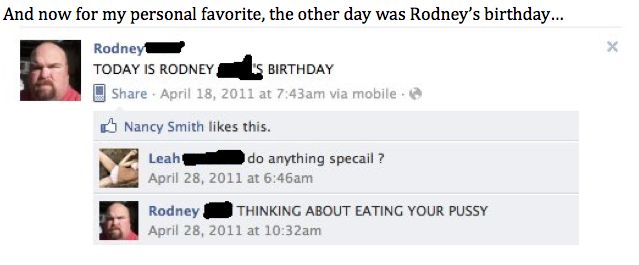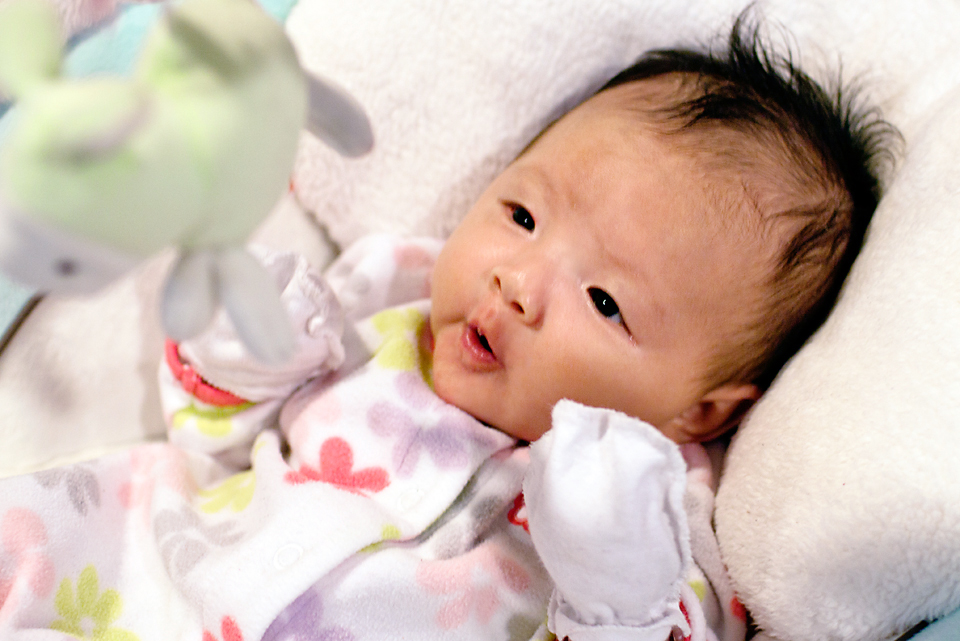French macaron company Ladurée is delving into the world of cosmetics, and the packaging for each makeup item is just as pretty and delicate as their existing branding. The collection includes blushes, foundations, and lip colors inspired by their sweets, while the name is derived from the Merveilleuses of 18th century France, who were known for their extravagant, decadent behavior, and fashion styles inspired by the ancient Greek and Romans. The line places an emphasis on blushes with three different formulas, as during the age of the Merveilleuses, blushing the cheeks was the main means of playing up one's feminine allure. There is no word yet on the quality of the products, but judging by the exquisite packaging —...
Continue reading


